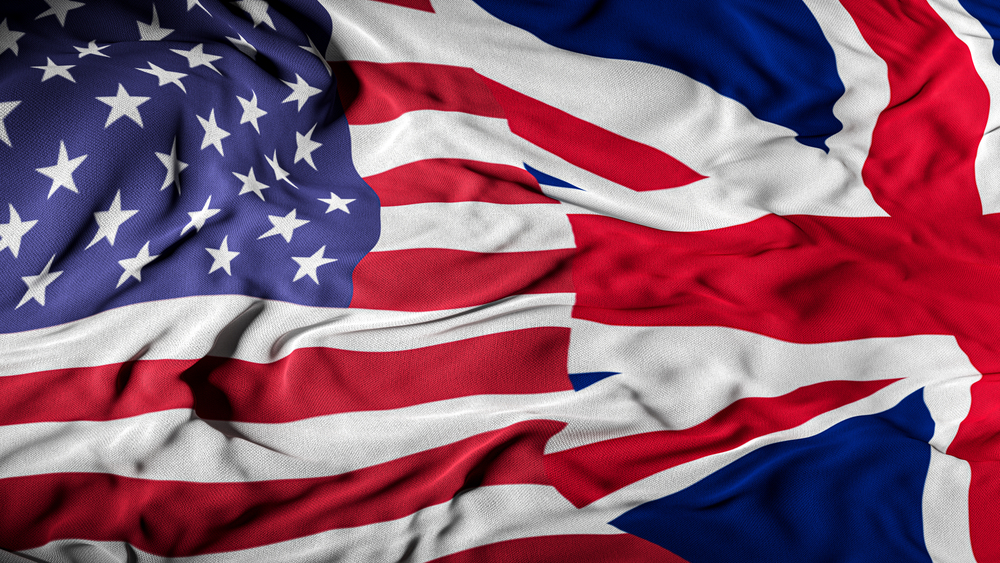
Whilst the UK and EU reached a “tariff-free” trade deal in December 2020, the agreement is not without its complications.
A plethora of paperwork, customs compliance and regulatory checks have placed significant financial and administrative burdens on UK businesses. Consequently, 44% of them are planning to cease trade with EU-based partners in the foreseeable future, according to a recent survey of over 750 UK business leaders commissioned by One World E-commerce.
Unsurprisingly, British companies are weighing up their different trading options. When asked about their trading prospects beyond Europe, just under half (45%) of respondents to the aforementioned survey said that they are considering an expansion into international markets other than the EU.
One of these markets is the United States. With the successful inauguration of Joe Biden as the 46th President of the United States, it seems that many firms are hopeful that new opportunities could be on the horizon.
More than one in three (31%) of UK businesses told One World E-commerce that Donald Trump’s presidency had a negative impact on their business. So, companies in the UK may be cautiously optimistic that Biden’s presidency will facilitate a more rewarding trading partnership between the US and the UK.
However, the reality of a UK-US trade deal is unlikely to be a straightforward affair.
The progress of a trade deal
Since the UK voted to leave the EU in 2016, the Government has been actively seeking to establish the UK’s post-Brexit identity. Part of this strategy has included trade envoys in a bid to lay down preferential trading agreements with the world’s leading markets.
During Trump’s presidency, a deal looked likely. Trump was an advocate of Brexit and appeared willing to enter into a substantia free trade agreement with the UK. Even in Trump’s final weeks in office, the UK hoped to sign a “mini trade deal” with the US. It was rumoured that the outgoing president may lift tariffs on imports on Scotch whiskey and cashmere, which were initially imposed in the 2019 Boeing-Airbus trade dispute. However, a deal was not reached before Joe Biden’s inauguration.
Biden’s office has made it clear that a trade deal with the UK is not a priority, focussing instead on tackling the coronavirus pandemic and other domestic policies. Even when the time comes for the UK and the US to re-enter negotiations, it is unlikely that Biden will offer a generous deal. He has been vocal in his opposition to Brexit, claiming that “the UK has isolated itself in a number of ways”.
Consequently, many political and business commentators are predicting that Biden’s approach to negotiations will be aggressive; particularly when it comes to addressing trade in services and certain manufacturing sectors.
At present, this is all speculation. It is impossible to say with any certainty what a final trade deal between the US and the UK will look like. One thing is for certain – the likelihood of an agreement being reached in 2021 is extremely small.
UK businesses on the international stage
Some businesses will inevitably feel exposed at the moment. As the country transitions out of the EU, there is a clear need for the government to help facilitate new avenues for international expansion. A trade agreement between the UK and the US would be an ideal step in the right direction.
That said, the US needn’t be the sole focus for UK companies; there are other promising international trading opportunities to explore. For example, India is on the verge of an “explosion” in cross-border commerce, in which online marketplaces will be a vital resource. Additionally, South East Asia is seeing increasing demand for UK products, having gained a strong reputation as a source of quality products.
So, whilst the US will remain an important trading figure for UK businesses, it is important for businesses not to focus too narrowly on one specific market. Opportunities are out there – the challenging is finding them, consulting with experts who understand the fundamentals of trade expansion and acting accordingly.